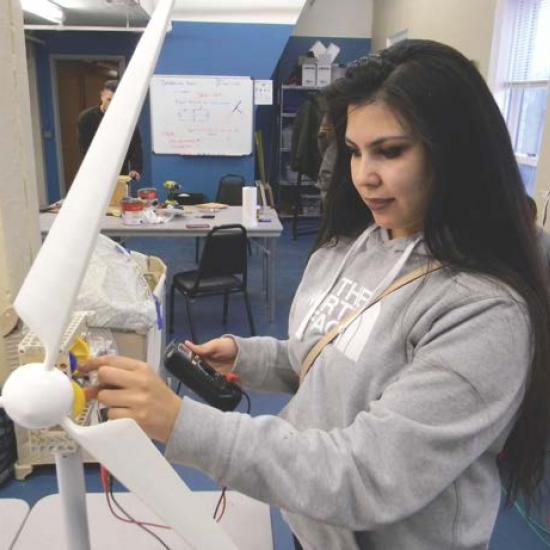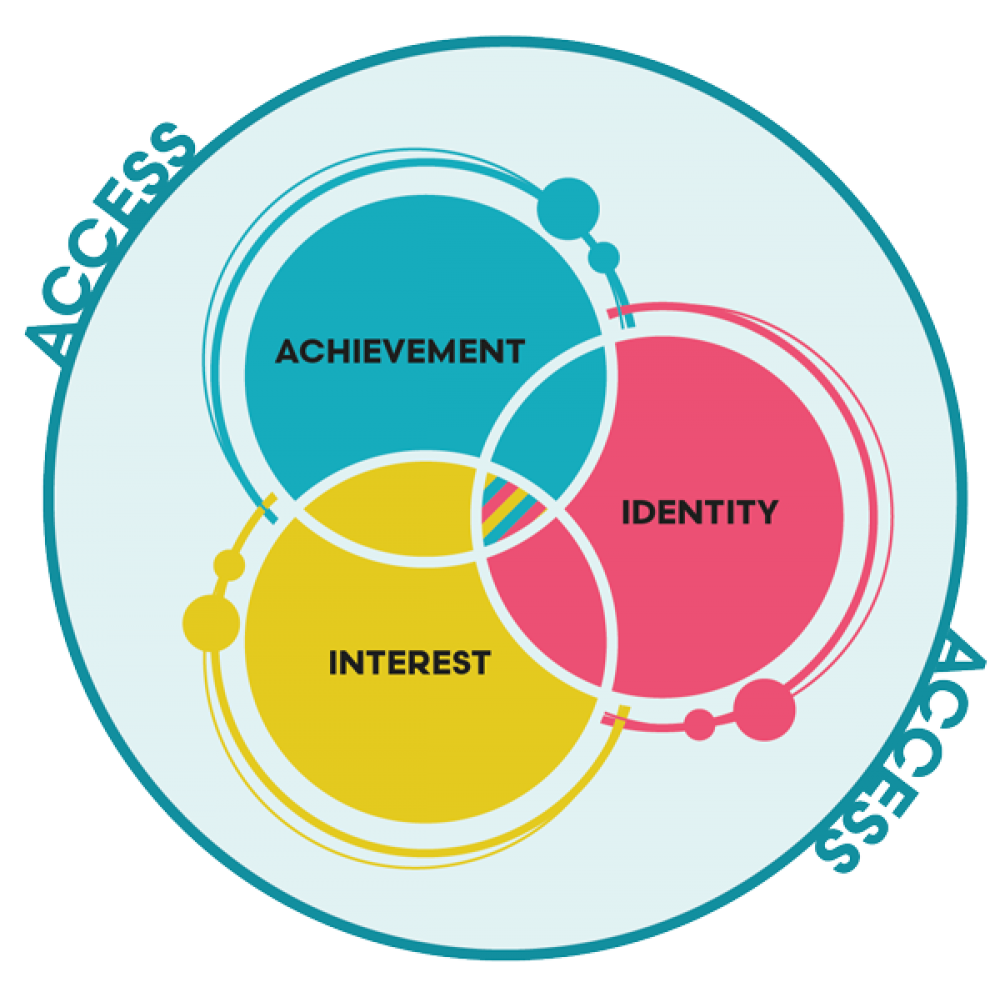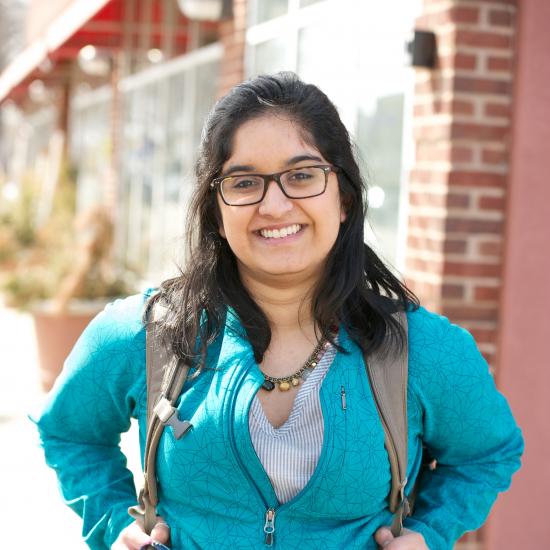
Education and Youth Development
Youth who have opportunities to develop core academic and 21st century skills are better equipped to graduate from high school, pursue postsecondary education and training, earn a living wage, and be civically engaged.
Wilder Research studies pre-K-12 education, post-secondary education, cradle-to-career systems change, career pathways programs, STEM education, and afterschool and informal learning, particularly to address opportunity and achievement gaps for students who are most vulnerable: low-income students, students of color, students whose primary language is not English, and first-generation college students.
We have expertise in:
- Survey of Academic Youth Outcomes (SAYO), Youth Program Quality Assessment (YPQA), and Youth-led Participatory Action Research
- Database management to track youth demographics and outcomes
- Needs assessment to determine needs of youth and families
- Measurement of youth social-emotional skills through new and existing survey tools
- Youth and parent focus groups
- Measurement of academic outcomes using school data
- Tracking youth outcomes for specific funders (e.g., 21st Century Community Learning Centers)
Related Blog Posts
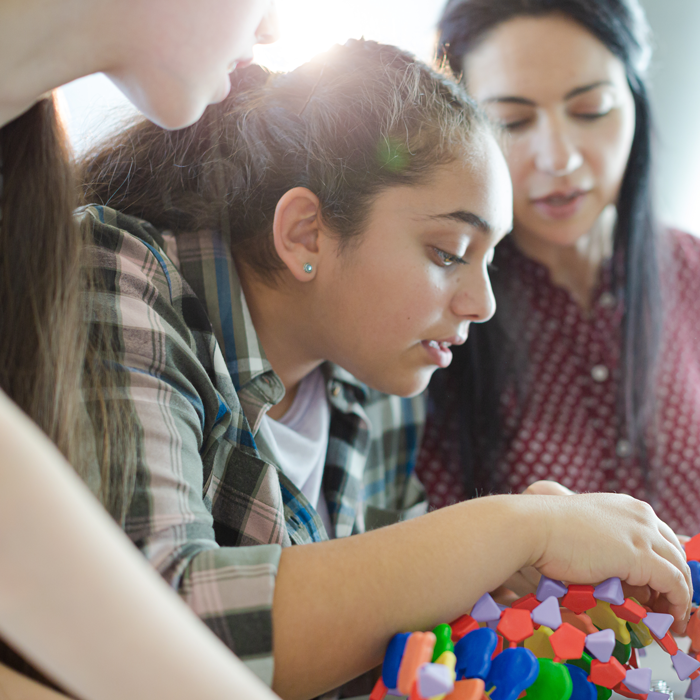

Elevating Youth Voice through the Minnesota Student Survey
The Minnesota Student Survey provides an opportunity for young people to tell us what they are experiencing and feeling—at home, in school and in the community. Read the article »Featured Reports

Academic Outcomes of Undergraduate Student Parents
Results from this analysis suggest that undergraduate student parents who interact with the U of M's Student Parent Help Center staff and access its referrals and programs are significantly more likely to graduate, remain enrolled each semester, and have a higher cumulative GPA than student parents who completed a SPHC intake but never used these services. Read the report »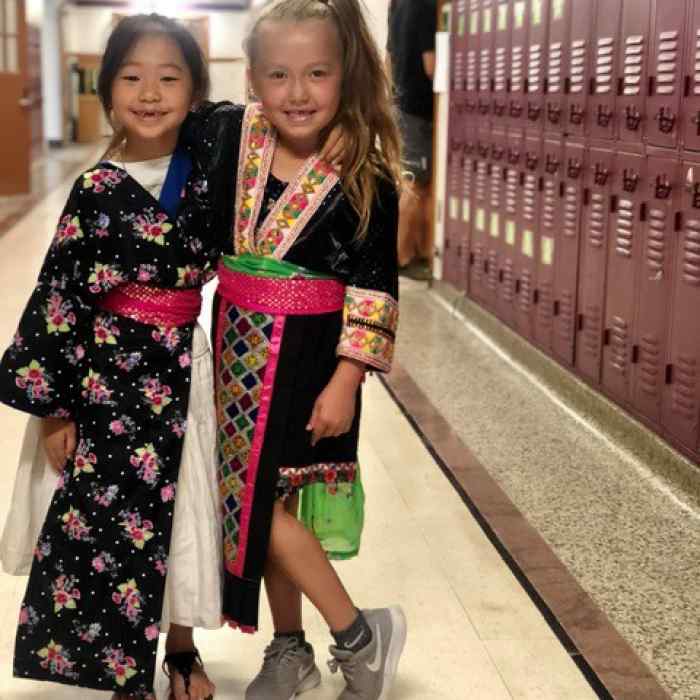
Enriching Children through a Culturally Specific Summer Learning Program
Evaluation results from a summer program combining a literacy curriculum and cultural enrichment activities. Read the report »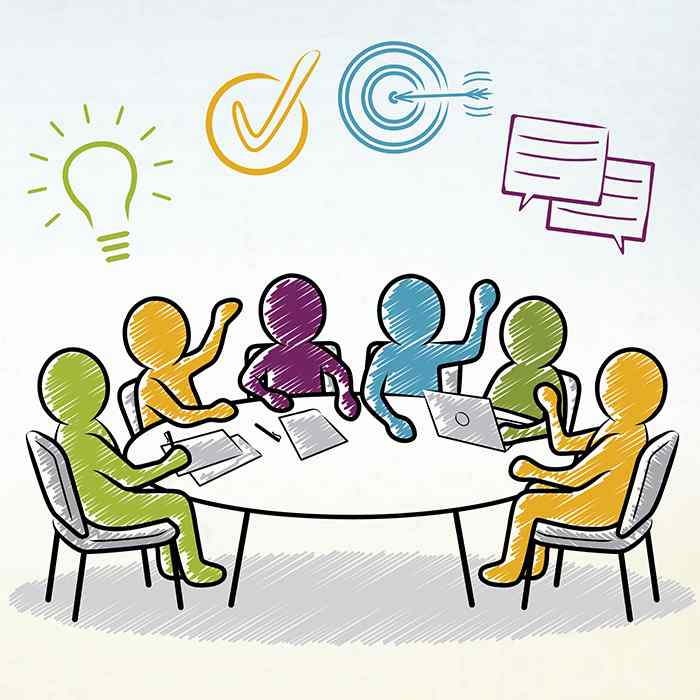
Youth Participatory Evaluation: Practice Guide
This guide is a practical overview for doing YPE, an approach that engages young people in evaluating the programs, organizations, and systems designed to serve them. Read the report »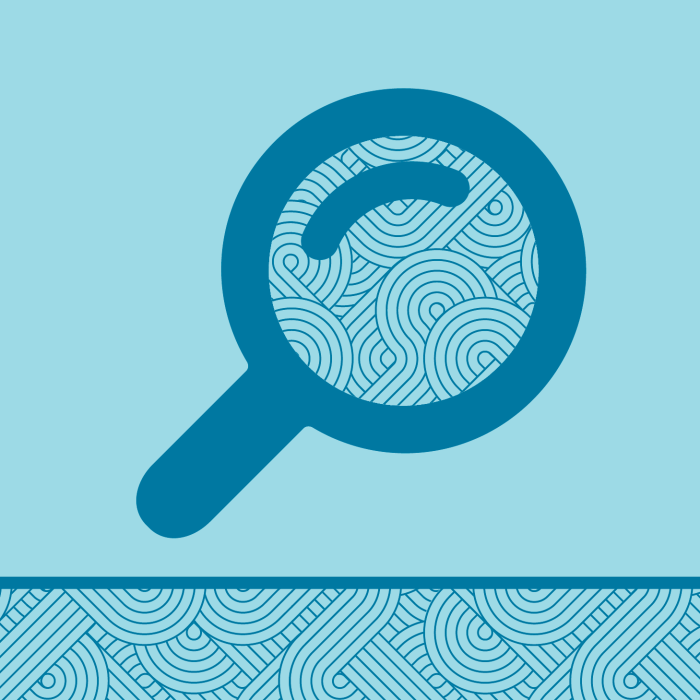
Key Findings from Ripple Effects Mapping Discussions among Sprockets Stakeholders
Findings from three Ripple Effects Mapping sessions with Sprockets stakeholders designed to understand the impacts of this 10-year-old network of after-school and summer programs for youth in Saint Paul. Read the report »Data to inform decisions
STEM education is critical to Minnesota's prosperity, equipping people with skills needed to meet the demands of a 21st century economy. But is Minnesota preparing its residents with the STEM competencies they need to succeed?
Minnesota Compass and Boston Scientific teamed up to provide a framework for tracking STEM growth in our state.
See how our state is performing across critical components of comprehensive STEM growth: identity, achievement, and interest.
83% of Minnesota's high school students graduate on time
Minnesota CompassStories of our work
